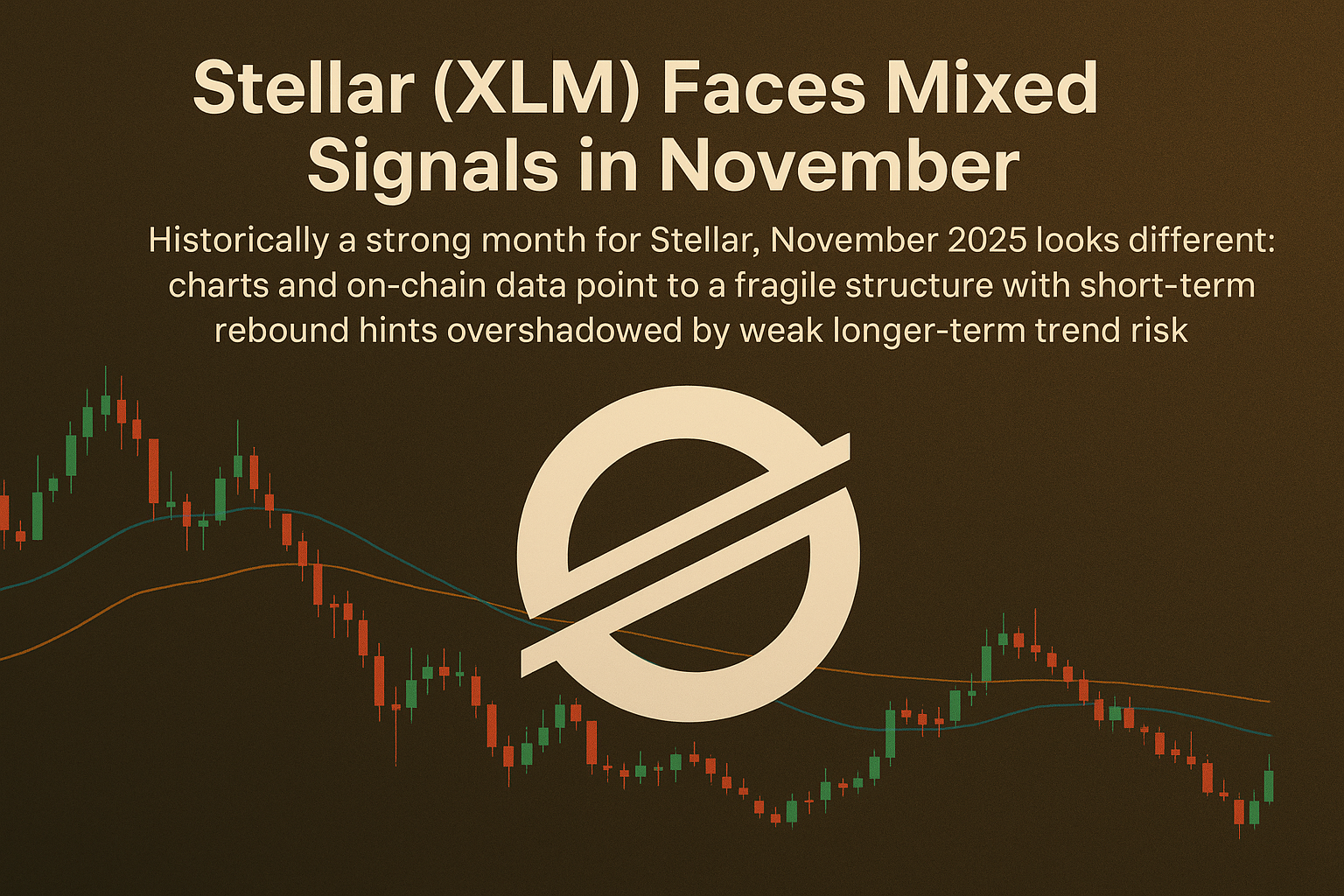The legal showdown between Ripple Labs and the U.S. Securities and Exchange Commission (SEC) over the classification of XRP continues to be one of the most closely watched cases in the cryptocurrency world. Despite a partial court ruling in favor of Ripple earlier this year, declaring that XRP is not necessarily a security in secondary market transactions, tensions between the two parties remain high as the SEC continues to challenge Ripple’s operations.
Ripple Pushes Back Against the SEC
Ripple’s leadership has consistently accused the SEC of regulatory overreach, particularly in its stance on XRP being classified as a security. This legal battle, which has stretched on for nearly three years, began when the SEC filed a lawsuit in December 2020, alleging that Ripple’s sale of XRP constituted an unregistered securities offering.
Ripple, however, argues that XRP is a digital asset and not subject to securities laws, comparing it to other cryptocurrencies like Bitcoin and Ethereum, which the SEC has previously indicated are not securities. Despite a significant win for Ripple in court, where a judge ruled that XRP is not necessarily a security in secondary sales, the SEC remains firm in its broader claims about Ripple’s fundraising activities and continues to pursue legal action.
The Court Ruling and Its Impact
The July 2023 court ruling marked a major victory for Ripple, as the judge found that XRP sold on exchanges did not constitute a security, dealing a blow to the SEC’s case. This ruling sparked a rally in XRP’s price, as investors saw the decision as a major turning point for the cryptocurrency’s future. However, the court also determined that institutional sales of XRP could be classified as securities, leaving some uncertainty in the market.
Ripple’s legal team has since pushed to limit the SEC’s influence on the cryptocurrency sector, arguing that the agency is stifling innovation through aggressive regulation. Ripple CEO Brad Garlinghouse has been vocal in calling out the SEC’s approach, stating that the commission is creating a hostile environment for crypto development in the U.S.
XRP’s Growing Investor Base
Despite the ongoing legal battle, large investors and institutions are showing growing confidence in XRP. Over the past few months, data has shown that whale investors are continuing to accumulate XRP, further signaling strong market sentiment around the cryptocurrency. This bullish trend can be attributed to Ripple’s growing ecosystem, its use in cross-border payments, and the belief that regulatory clarity will ultimately benefit XRP.
Ripple’s cross-border payment technology, which leverages XRP for real-time settlement, has gained traction globally, particularly in regions where regulatory frameworks are more crypto-friendly. The company has struck partnerships with financial institutions in Europe, Asia, and the Middle East, positioning XRP as a major player in the remittance and payments sector.
What’s Next for Ripple and the SEC?
The SEC is expected to appeal the court ruling in favor of Ripple, keeping the case in the spotlight for the foreseeable future. Ripple has expressed confidence in its ability to navigate the legal challenges ahead, while the broader crypto community is watching closely for any developments that could set a precedent for how cryptocurrencies are regulated in the U.S.
As the case drags on, the outcome will have far-reaching implications not just for Ripple, but for the entire cryptocurrency industry. A final resolution could offer much-needed clarity on how digital assets are classified under U.S. law, potentially influencing future SEC enforcement actions.
The Ripple vs. SEC legal battle is far from over, but Ripple’s partial victory has reignited optimism around XRP’s future. As Ripple continues to push back against the SEC’s regulatory stance, large investors are increasingly showing confidence in the cryptocurrency, despite the uncertainty that lies ahead. With the case poised to shape the regulatory landscape for digital assets, the outcome will likely have a profound impact on the future of the cryptocurrency industry.




